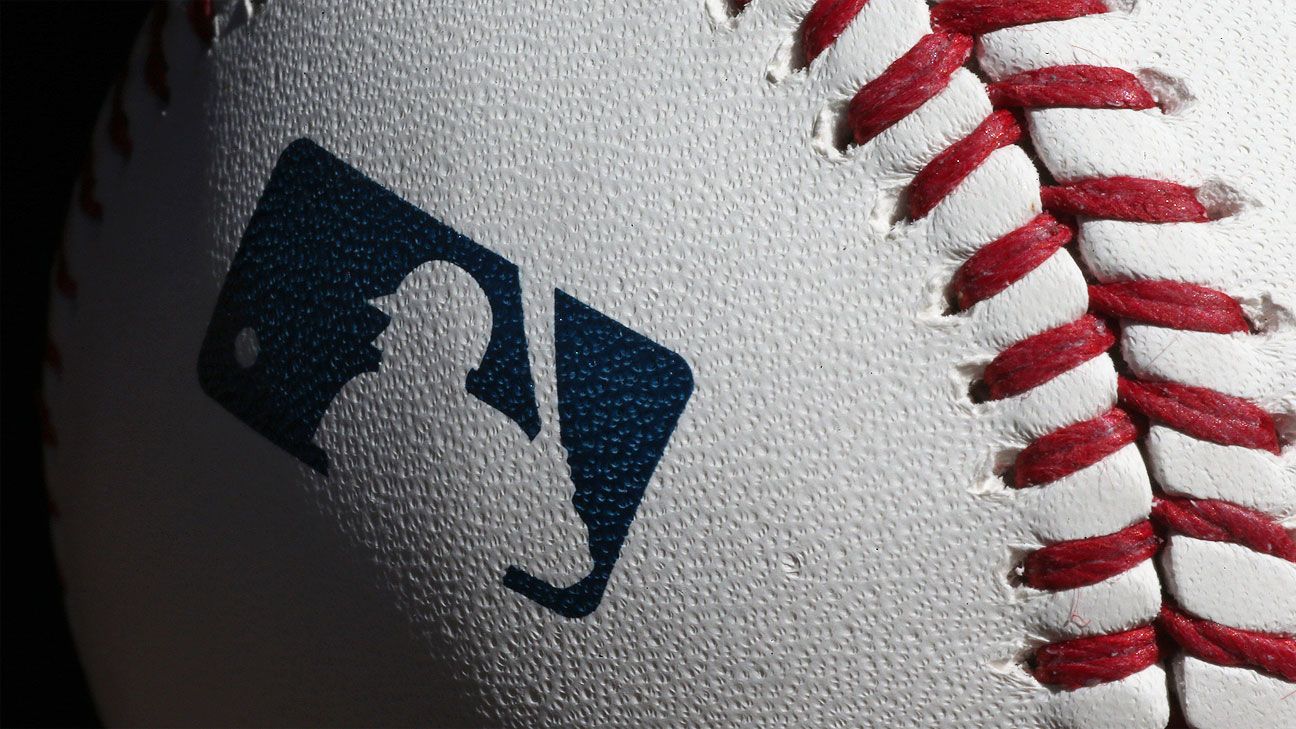The collective-bargaining meeting between the Major League Baseball Players Association and MLB on Tuesday afternoon led to no significant progress, sources familiar with the situation told ESPN, almost ensuring a delay to spring training.
While pitchers and catchers are scheduled to report to some camps as early as Feb. 14, players and executives both anticipate the start of spring training will be postponed, sources said. How long will depend on the ramp-up of negotiations, which have dawdled since the league locked players out Dec. 2.
The MLBPA’s proposal Tuesday included a drop in their bonus-pool request for pre-arbitration players from $105 million to $100 million, sources said.
The union also reduced its ask for the number of players who would be awarded an additional year of service time — shortening their path to free agency — via award voting and performance. All players who are top five in Rookie of the Year voting, top three in reliever of the year or make first- or second-team All-MLB would qualify alongside infielders who rank in the top seven of WAR at their position and outfielders, starting pitchers and relievers who are top 20. Previously, the union asked for those in the top 10 and 30, respectively.
The sliver of progress, sources said, stemmed from the union saying it was open to the idea of rewarding teams that do not manipulate a top prospect’s service with a draft pick.
Major chasms between the sides remain on a number of key issues, almost all of which tie back to the game’s core economics, which have shifted significantly in recent years in favor of teams. The average salary for players has dropped in four consecutive seasons, and players are seeking to reverse that in multiple areas.
Players did not make a proposal on the competitive balance tax, a key issue that now has not been addressed in all four sessions since the lockout began. The union last moved on their CBT threshold offer, dropping it to $245 million. The league remains steadfast at $214 million, a minimal bump from the current $210 million, and attached to that raise more onerous repercussions for teams whose payrolls exceed it, including heavier taxes and stricter draft-pick penalties.
In MLB’s last offer a week ago, the league agreed to the union’s proposal for a bonus pool to be distributed among the best players with fewer than three years’ service time — but offered $10 million after the players initially proposed $105 million.
MLB agreed to a slight bump to its proposed minimum salary, bumping its $600,000 offer to $615,000, well short of the $775,000 the union has sought. The league also withdrew a previous proposal that would have eliminated so-called Super 2s — currently a group of 22% of players with two to three years of experience who have the most service time and get an extra year of arbitration — and paid all players within that class from a pool.
The league’s counter came a day after the union withdrew its request for changes to the six-year free agent system and amended its plan to reduce the revenue transfer from large- to small-market teams, requesting $30 million less instead of the $100 million it first proposed.
MLB has told the MLBPA that free agency, revenue sharing and changes to arbitration — the union wants it to start for all players after two years rather than three — are non-starters, proposing Dec. 1 to drop the subjects from negotiations and focus on other issues. The union rejected the idea, and the final meeting before the lockout lasted seven minutes.
The sides waited 43 days before getting together again, and that first session in the new year did little to advance conversations. In addition to the arbitration changes for players with two to three years’ service, the league proposed the system in which teams — ostensibly to incentivize teams to place their best prospects on opening day rosters — and made a slight tweak to its draft lottery, which would make all non-playoff teams eligible to receive one of the first three picks. The union has held firm on its request for a lottery that covers the first eight picks.
